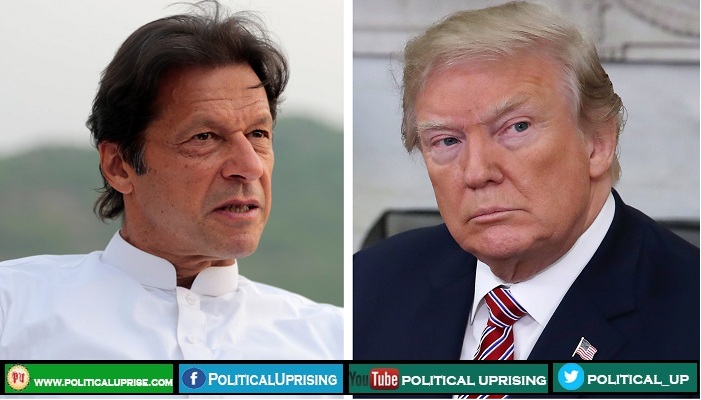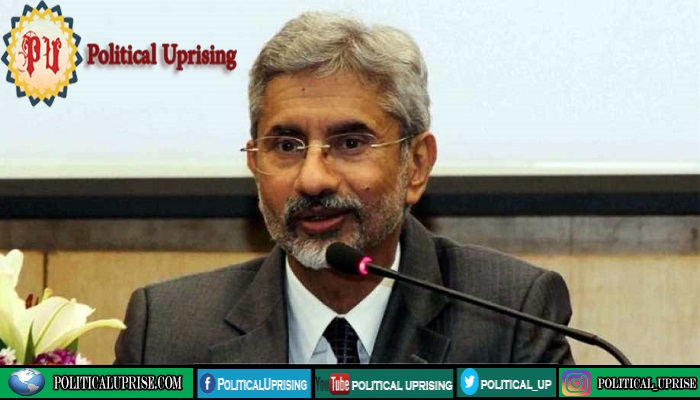Spain’s Prime Minister Pedro Sanchez embarks on a diplomatic trip to China and Vietnam, aiming to solidify ties with both nations amid growing trade tensions with the U.S.
Spain’s Prime Minister, Pedro Sanchez, is set to embark on a pivotal diplomatic mission to Vietnam and China starting Wednesday, marking the first of several European leaders heading east following the announcement of sweeping U.S. trade tariffs by President Donald Trump.
The trip comes at a crucial time as Spain seeks to navigate growing trade tensions between the U.S. and major global powers, particularly China.
Sanchez will spend two days in Vietnam, strengthening political ties with the Communist leadership, before moving on to China for a one-day visit on Friday.
Spain’s Upcoming Visa Changes to Impact Property Market
This marks Sanchez’s third visit to China in three years, underscoring Spain’s goal of positioning itself as a key intermediary between China and the European Union.
The Spanish PM’s efforts also align with broader European strategies to respond to U.S. tariffs and deepen ties with China amid shifting global dynamics.
During his September visit to China, Sanchez notably reversed Spain’s stance on supporting EU tariffs on Chinese electric vehicles (EVs), signaling a significant policy shift. Since then, China has made substantial investments in Spain, including ventures by battery maker CATL and green hydrogen producer Envision. Further projects, including those by Leapmotor (EV producer), Sematec (lithium battery maker), and Hygreen (electrolyser manufacturer), are reportedly under consideration.
Spanish officials, including Carlos Cuerpo, Spain’s Economy Minister, have emphasized that China will be a strategic partner for both Spain and the broader European Union. The alignment of Spain’s foreign policy with China is increasingly gaining traction across the EU.
Spain Bans ‘Golden Visas’ for Non-EU Citizens to Tackle Housing Crisis
Though Sanchez’s trip was planned before the U.S. tariffs were announced, experts believe it comes at an ideal time amid heightened geopolitical tensions.

Ramon Gascon Alonso, Asia-Pacific coordinator for the Spain Exporters’ and Investors’ Club, stressed that Sanchez’s engagement with China places Spain as an influential player in the geopolitical scenario. “China will try to bring as many countries as it can into its sphere of influence,” Gascon said, hinting at the potential for increased investments flowing into Spain.
The trip, however, comes with its own challenges. Julio Ceballos, a Spanish business consultant based in China, noted the delicate balance Sanchez must maintain.
Spanish parliament debate could end political deadlock
After previously telling China that Spain would back them on EU tariffs for EVs, only to later abstain in the vote, Sanchez finds himself walking a fine line. Additionally, Spain’s pork industry—significant to its exports to China—is currently under investigation in a Chinese anti-dumping probe. A Spanish government source stated no resolution to the dispute is expected in the near future.
Sanchez’s careful diplomacy aims to maintain better relations with China than some other European nations, ensuring Spain avoids retaliation, particularly in key export sectors like pork, wine, and olive oil.
This visit reflects Spain’s broader goal of strengthening its influence and strategic partnerships in Asia while navigating the complexities of global trade dynamics and its positioning within the European Union.



